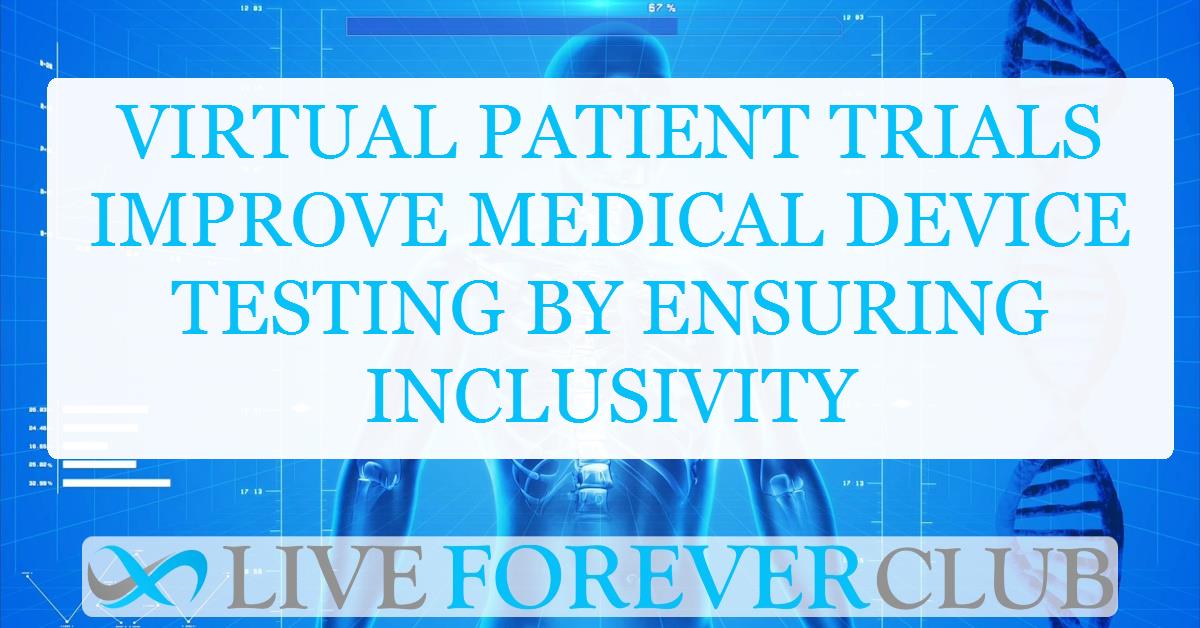Key points from article :
Medical devices often undergo rigorous testing, but traditional methods fail to account for diverse patient populations. This gap can lead to devices that underperform—or even harm—specific groups, as seen in the vaginal mesh scandal, where insufficient testing caused devastating complications for many women.
University of Leeds spin-out adsilico is tackling this issue with in silico trials, a revolutionary approach that uses advanced computational modeling to test devices on virtual patient populations.
“The data generated from traditional trials may not capture important variations in device performance across different subgroups,” explains Sheena Macpherson, CEO of adsilico. By creating synthetic “virtual patients” that reflect a broad spectrum of human diversity, adsilico ensures devices are tested inclusively before reaching the market.
Using AI-generated digital twins, adsilico produces diverse anatomies from anonymized medical data, simulating real-world variability in virtual trials. These trials allow manufacturers to detect potential flaws early, especially in underrepresented groups such as women, ethnic minorities, and patients with rare conditions. In cardiac device development, for example, adsilico generates virtual heart anatomies to test stents or valves across a wide range of variations.
In silico trials enhance inclusivity, accelerate timelines, and reduce reliance on animal testing, all while lowering costs. Though not a replacement for human trials, they supplement traditional methods, making the development process more efficient and equitable.
With regulatory bodies like the FDA supporting computational methods, in silico testing is set to revolutionize device development. “We won’t stop until in silico methods are a standard, integral part of developing safe and effective devices for all,” says Macpherson. As adsilico expands its technology, it’s paving the way for safer, more inclusive medical innovations.







